
AFFILIAZIONE
universidad politécnica de madrid
AUTORE PRINCIPALE
Dra. Merino Beatriz
VALUTA IL CHALLENGE
Registrazione obbligatoria. Una valutazione consentita
[ratingwidget]
GRUPPO DI LAVORO
AREA TEMATICA
Sanità digitale e telemedicina
ABSTRACT
Diabetes mellitus, especially type 1 diabetes (T1D), remains incurable, managed only through insulin, diet, and lifestyle adjustments to prevent long-term complications. Effective patient education is crucial for maintaining the quality of life for those with T1D. This work proposes a framework aimed at empowering T1D patients through digital health strategies, facilitating integrated value-based care. The research underwent four phases: identifying digital technology opportunities in diabetes care, analyzing patient and stakeholder needs, designing the empowerment framework, and verifying its effectiveness. Emphasizing open innovation, this study leveraged the Living Lab approach, encouraging collaboration among public and private sectors, healthcare professionals, researchers, patients, and citizens. The initial phase identified digital technology use, revealing gaps such as the underutilization of digital educational modules in mobile health apps and the inadequate consideration of healthcare professionals’ roles. Subsequent interviews with stakeholders highlighted the significance of health and digital literacy, and the dominance of Hb1Ac in management decisions, with a lack of focus on secondary outcomes in clinical practice. The Platform Design Toolkit was used to develop the conceptual framework, identifying key components and relationships among various actors, including healthcare professionals, patients, hospital organizations, and the industry. The framework was structured around facilitating elements at different levels, the flow of data, technology enablers, outcomes, and overall impact. The validation phase was done through a retrospective case study within the European INCAP project, which implemented remote digital technology to fulfill previously unmet needs, including patient education and comprehensive follow-up. This study demonstrated the framework’s potential to integrate care, incorporate digital technologies in education and management, and underscore the measurement of secondary outcomes to enhance patient care by leveraging digital innovations.

